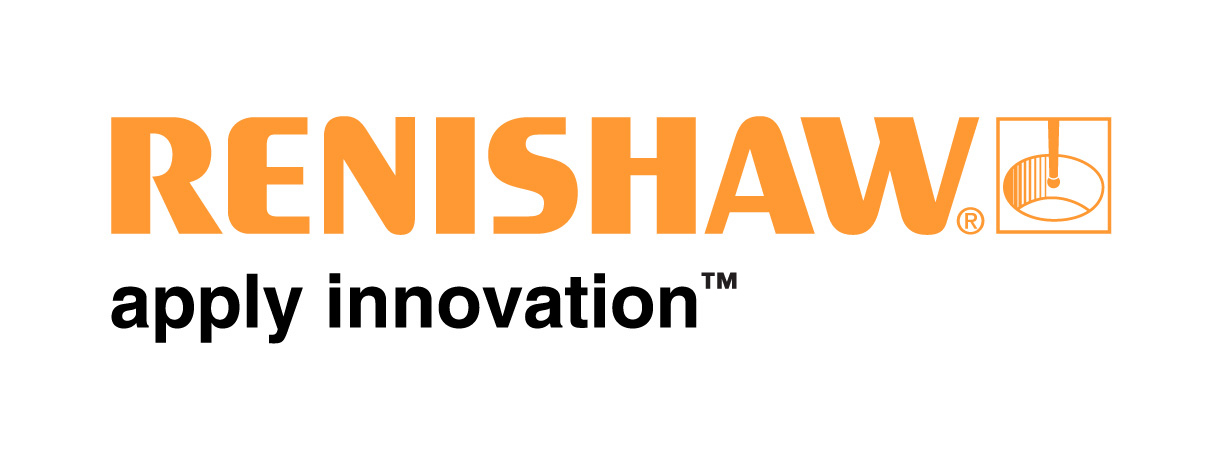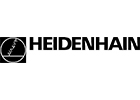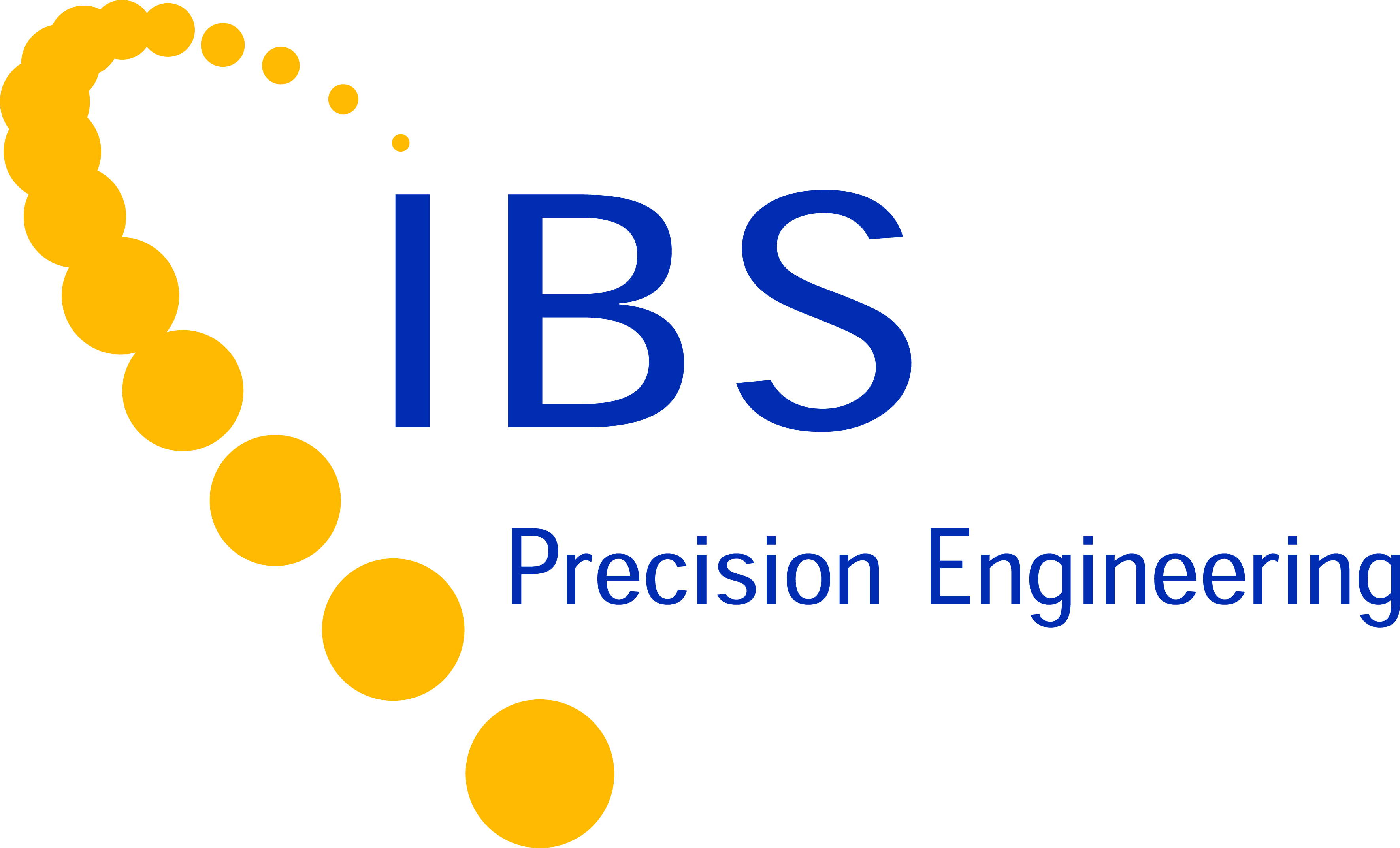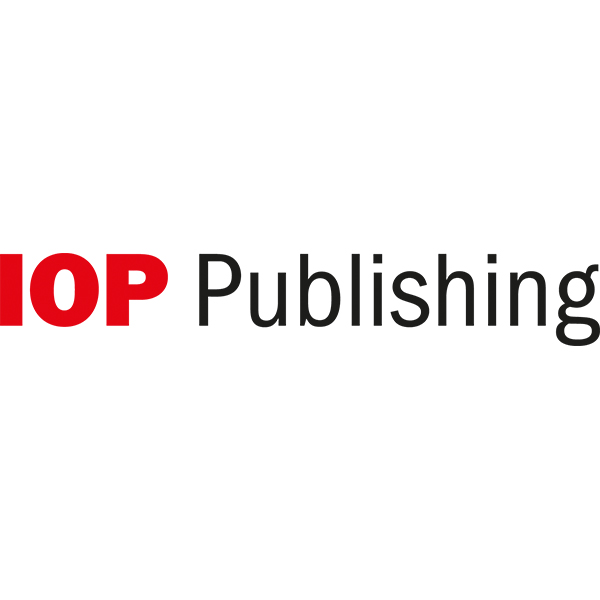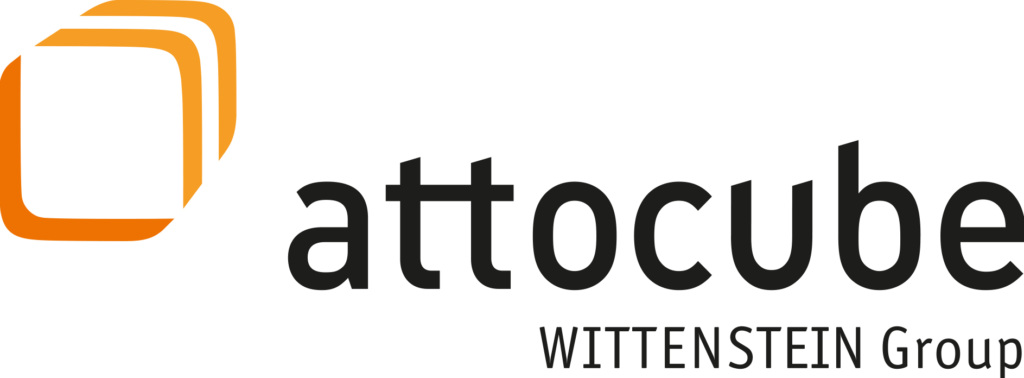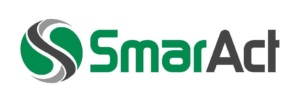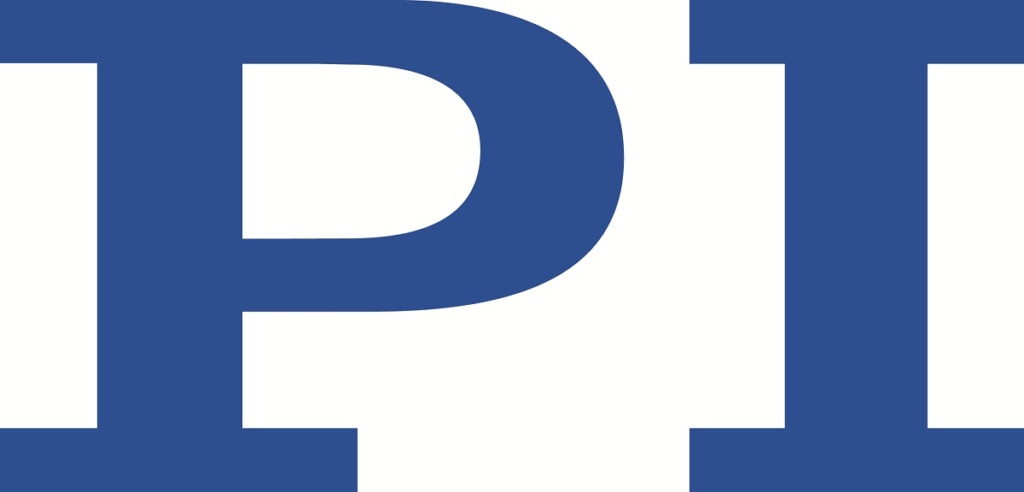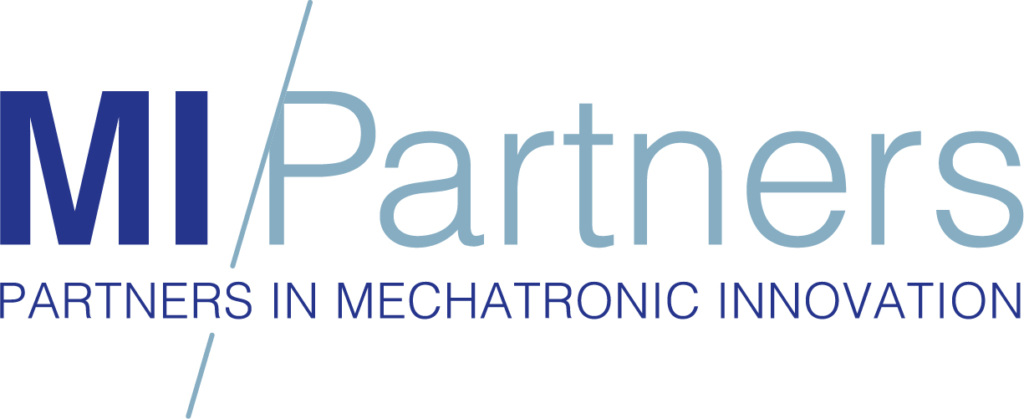Project Description
Virtual International Conference
8th – 12th June 2020
Monday 8th June – Friday 12th June 2020
euspen’s international conference and exhibition provides a leading forum for industrialists and academics alike to review the best of world-wide industrial innovation, progressive research and technology developments. Delegates will gain an insight into the precision engineering and nanotechnology priorities of Europe’s leading industrial nation.
The 20th euspen conference was planned to be held in Geneva and CERN, Switzerland, during 8-12 June 2020. In light with the COVID’19 pandemic, changes were made to the format of the conference. It was decided to deliver euspen 2020 conference as a “virtual online web-conference”, from 8-11 June 2020, to ensure the participants remain safely connected.
The organising commitee and hosts for euspen‘s 1st Virtual International Conference Prof. Enrico Savio, University of Padova, IT; Dr Hélène Mainaud Durand, CERN, CH, Dr Harald Bosse from PTB, DE and Prof Richard Leach from University of Nottingham, UK
Themes and Call for Abstracts:
Data from 2019
Come and join your international peers and maintain a leading edge on technology, customers, partners and suppliers. Access the greatest minds in micro and nano research and development. Share knowledge and information and stimulate debates.
Themes
• Measuring Instruments and Machine Tools: Design and Performance
• Mechatronics, Control, Handling
• Metrology
• Advances in Precision Engineering and Nanotechnologies
• Mechanical Manufacturing Processes
• Non-Mechanical Manufacturing Processes
• Replication and Additive Manufacturing
• Applications of Precision Engineering in Biomedical Sciences
• Automation, Robotics, Machine Learning
• Large Scale Precision Engineering: Design, Metrology & Applications
Key Dates:
8th May 2020: Pre-recorded presentation submission deadline
8th June 2020: Two live interactive workshops covering Ultra-Precision High Performance Cutting and Uncertainty in dimensional X-ray computed tomography
9th – 11th June 2020: Live streamed presentation tracks covering seven key themes within precision engineering including interactive live Q&A sessions
10th June 2020: euspen AGM for all members
Conference Fees:
The conference delegate registration fee includes :-
- A full electronic copy of the proceedings on a euspen USB drive
- Free access to the technical workshops held on Monday afternoon of 8th June 2020
- Access to all of the keynote and technical presentations held through-out the conference
- €195 – euspen Member Rate Full online access to all three days
- €295 – Non-Member Rate Full online access to all three days
- €95 – euspen Student Member Rate Full online access to all three days
- €375 – Exhibitor/Supporter
- €95 – One Day Access
- €0 – Monday Workshops free for all delegates
- €50 – Printed Conference Proceedings
- €0 – Electronic copy of Proceeding free
PLEASE REGISTER BY 31ST MAY 2020
Delegate Registration
Please register by 31st May 2020
The euspen virtual conference complies with international VAT/IVA rules and as such UK Standard VAT of 20% will be applied to the following delegate registration invoices. You should read the following rules and select with Delegate Registration A or B dependant on which category you are in.
Select Registration Form A if any of the following applies:-
- You are based within the UK
- You are a private individual or representing a European company that is not VAT/IVA registered
Select Registration Form B if any of the following applies:-
- You are representing an organisation which is VAT registered in another EU country and you are able to provide your VAT/IVA registration number
- You are representing a business outside Europe
The Precision Engineering community is quite small and the euspen annual event is a great way to make and maintain contact with world-leading experts in the field, many of whom offer highly relevant tutorial sessions at the conferences. We at Cranfield Precision specialise in the design and manufacture of high precision machine systems, it would be unthinkable for us not to take advantage of the technical program, networking and educational opportunities on offer at euspen conferences. Since around 2011, we have been exhibitors at the annual conference exhibition, we have found this to be an excellent way of making contact with new and existing customers. We can trace the initial contact made with many of our current and past customers back to the euspen conference and exhibition, so the cost of attending and exhibiting has paid for itself many times over.
With over 400 attendees focused on precision engineering, exhibiting at the Annual Conference & exhibition organised by euspen is vital to getting our message to the right people. The ultimate benefit to attending is the people you meet. Networking with industry experts willing to discuss ideas and offer suggestions to those difficult projects waiting for you back home. These conversations lead to treasured relationships with talented precision engineers you can consult when difficult questions arise.
Conference Sponsors:
Exhibitor Soundbites
Queensgate
Professional Instruments Co.
attocube
Reuter Technologie
Fanuc
Aerotech
Huber
Physik Instrumente
Mitaka Kohki
Moore Nanotech
Innolite
Olympus
MI-Partners
Ametek Precitech
Alio 6D
IBS Precision Engineering
Conference Keynotes:
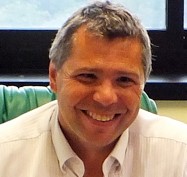
Prof. Darwin Caldwell
Italian Institute of Technology (IIT), IT
Advanced Robotics and AI in “Demanding” Industrial, and Manufacturing Environments
Early robots were commonly used for tasks that were often described as dull, dirty and dangerous: essentially jobs that were unpopular with humans. After more than 50 years of development, robots are now common in industrial production, and they are increasingly seen in the domestic, service and transportation sectors. Indeed, the target applications in which robots may be used, now and in the future, is increasingly switching from the dull and repetitive, to the challenging and diverse. With these new operational demands, there is a need for new, increasingly sophisticated robots that combine advanced physical design and capabilities with enhanced cognitive capacities.
In this presentation we will consider the use of advanced robotic systems including “general purpose” robots such as humanoids, centaurs and quadrupeds, and also more specialized crawler and snake-like robots. The presentation will explore some of the key aspects of the hardware and software design and show how developments in these core technologies will move the use of robots from the dull and repetitive to the unexpected, unpredictable and challenging, where they can be effectively integrated into future designs for use in “demanding” environments and advanced manufacturing (Industry 4.0).
Biography
Darwin G. Caldwell, FREng, is Deputy Director of the Italian Institute of Technology (IIT), where he was also the founding Director of the Department of Advanced Robotics. The humanoid and quadrupedal robots: cCub, COMAN, WalkMan, HyQ, HyQ2Max, HyQ-Real and Centauro were all developed in his Department. Prior to this he had worked on the development of the iCub. Caldwell is an Honorary Professor at the University of Manchester, the University of Sheffield, the University of Bangor, Kings College University of London, all in the U.K., and Tianjin University, and Shenzhen Academy of Aerospace Technology in China. His current research interests include humanoid and quadrupedal robotics, innovative actuators, force augmentation exoskeletons, dexterous manipulators, Telepresence and haptics, and medical, surgical and rehabilitation robotics. He is the author or co-author of over 500 academic papers, 20+ patents, and has received awards and nominations from over 40 international journals and conference. Prof. Caldwell has been a fellow of the Royal Academy of Engineering (UK National Academy) since 2015.
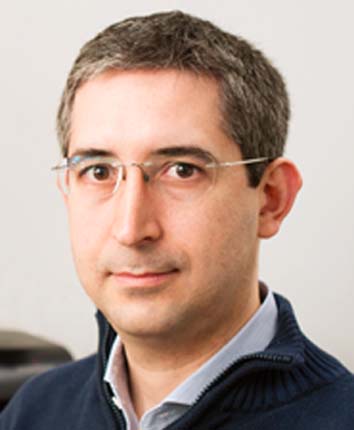
Prof. Simone Carmignato
University of Padova, IT
Traceability in manufacturing metrology: do we still need artefacts?
Today, dimensional artefacts – ranging from measurement standards to calibrated workpieces – might look dusty in comparison to some of the most evident innovations in advanced manufacturing, including cyber-physical systems and Industry 4.0 concepts that seem light years away from material artefacts. However, dimensional artefacts continue to play a fundamental role to establish the traceability of measurements in production, which is an essential prerequisite to control manufacturing processes and assure the quality of products, as well as for the comparability of the properties of components in global manufacturing environments. In fact, metrological traceability becomes even more important in today’s manufacturing contexts, where reliable and accurate digital models of products, processes and production systems are needed. In this keynote, dimensional artefacts are discussed, encompassing their characteristics, design, availability, selection and role in supporting production by establishing metrological traceability.
Biography
Simone Carmignato is professor of Manufacturing Engineering at the University of Padova. His main research interests are in the area of precision engineering, with focus on manufacturing metrology. Research topics include: advanced coordinate metrology, industrial X-ray computed tomography, in-process measuring systems and precision additive manufacturing. He is author of patents and over 200 scientific publications in international journals, proceedings and books. He has been chairman, organiser and keynote speaker of several international conferences, and received national and international awards, including the ‘Taylor Medal’ from CIRP, the International Academy for Production Engineering
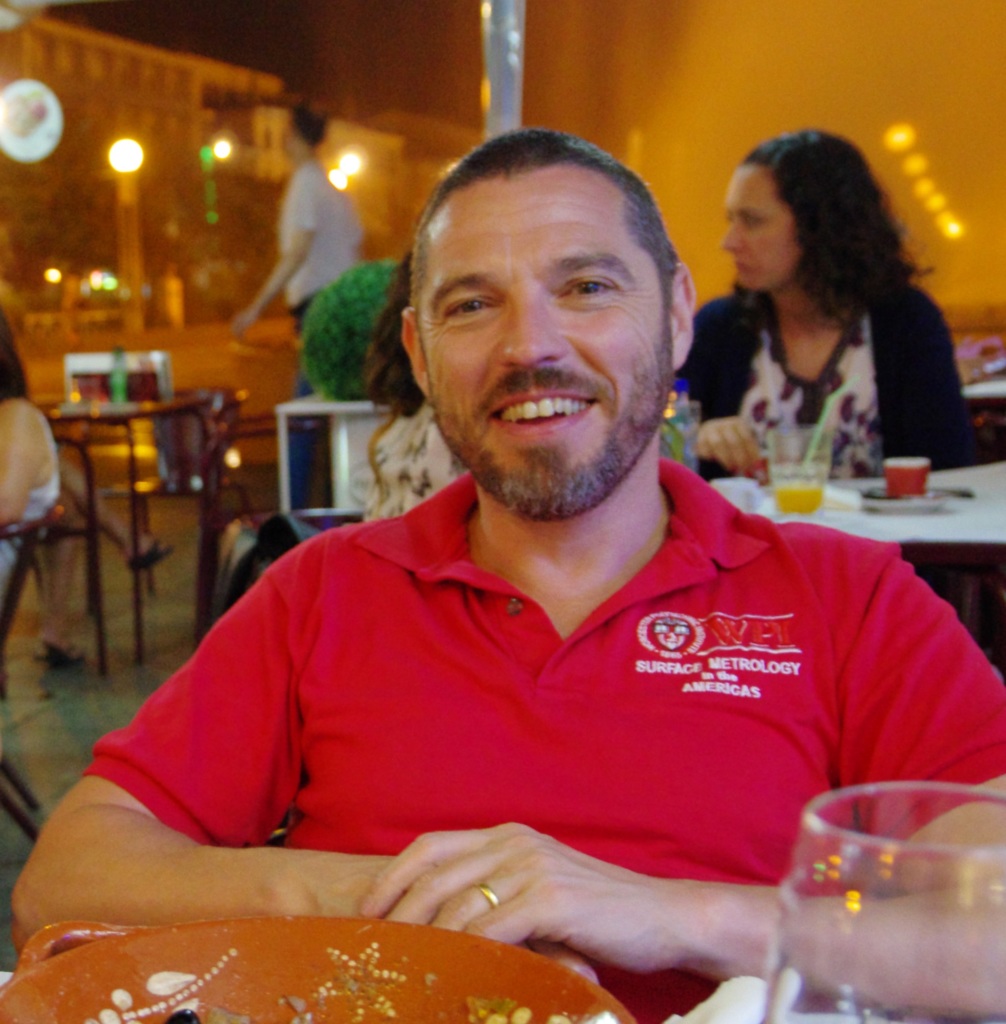
Prof. Richard Leach
University of Nottingham, UK
Why do we rarely see uncertainty statements with surface form and texture measurements?
We all understand the concept and need for measurement uncertainty. As educators, we often tell our students that a measurement is simply not complete without a quantitative statement about uncertainty. So, why do we rarely see uncertainty statements with surface topography (form and texture) measurements or specifications for engineering drawings? The only answer I have to this question is: “because it is a very tricky thing to do, especially if trying to follow international guidelines” (i.e. the GUM). In this keynote presentation I want to summarise the state of the art in uncertainty quantification for surface topography measurement, lay out some of the issues that make it a tricky problem and present some potential ways forward.
Biography
Richard is currently a Professor in Metrology at the University of Nottingham and prior to this spent 25 years at the National Physical Laboratory. He has been researching and lecturing on surface metrology for 30 years. He is on the Council of the European Society of Precision Engineering and Nanotechnology, the Board of the American Society of Precision Engineering and several international standards committees. He is the European Editor-in-Chief for Precision Engineering and has over 500 publications including six textbooks. He is a Fellow of the Institute of Physics, the Institution of Engineering & Technology, Higher Education Authority, the Institute of Measurement & Control, and the International Society of Nanomanufacturing. He is a visiting professor at Loughborough University and the Harbin Institute of Technology.


